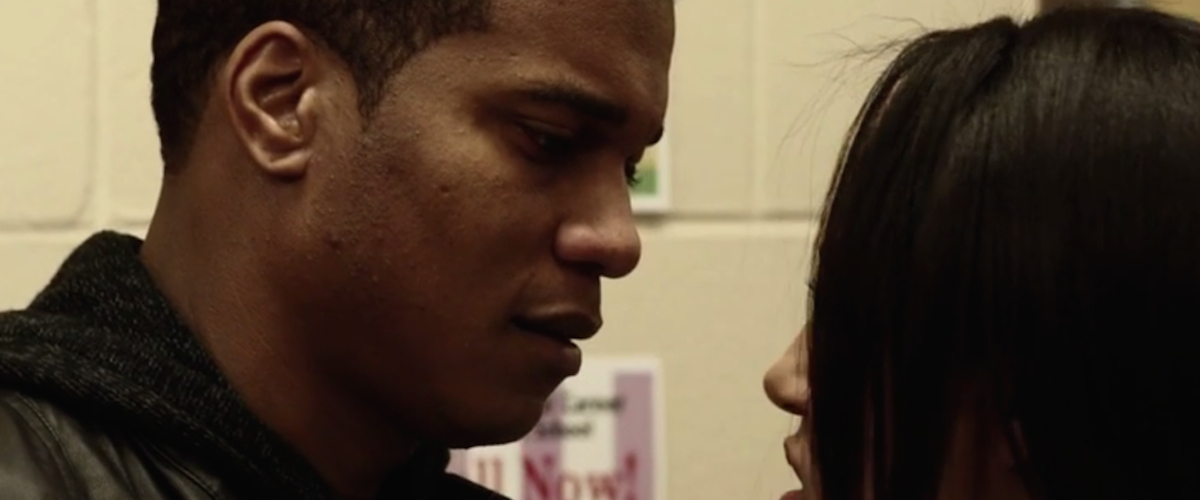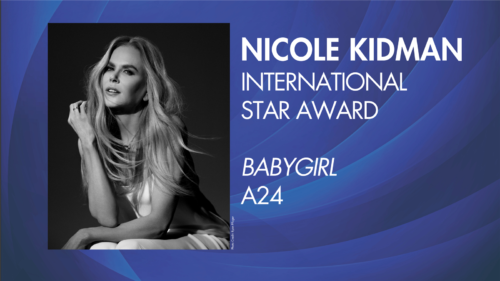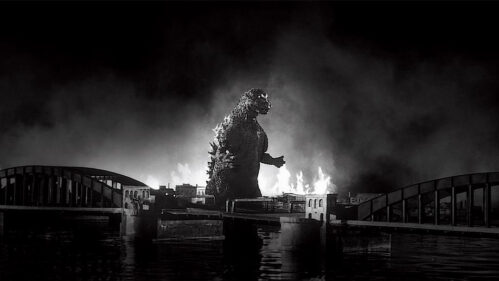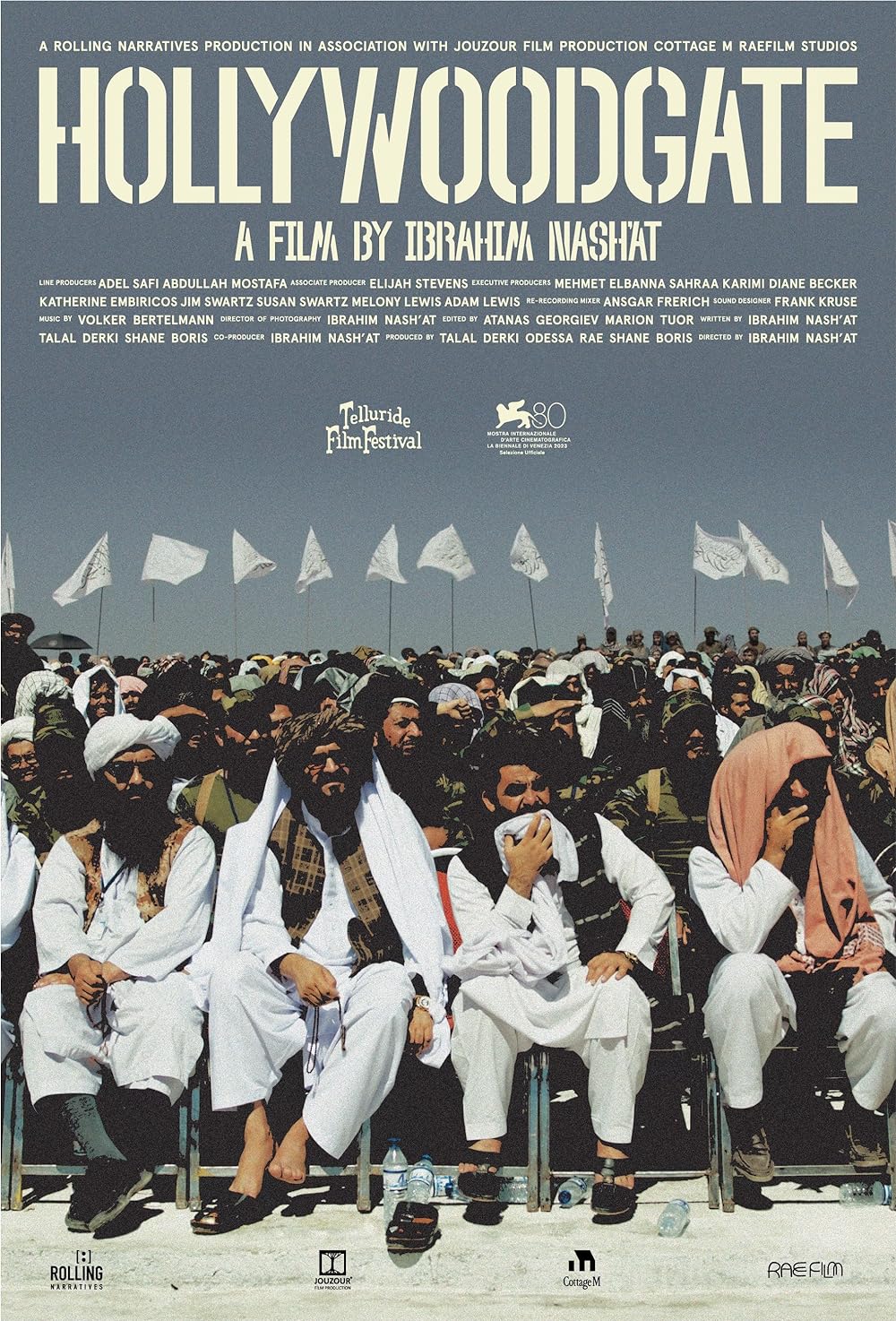Qasim Basir's second feature, "Destined," imagines the way split-second events become defining moments affecting the trajectories of our lives. The film opens with a scene in which a boy trips, that spawns two separate films running alongside each other, with the same cast, playing the same characters. Akin to the romantic comedy, "Sliding Doors" (1998), though with more depth, this film is a drama with the imagination of a science fiction film.
A young man—Rasheed/Sheed—lures an undercover cop, while his friend sneaks up with a bat to hit the officer. As they run away, Rasheed falls onto a street, causing an oncoming car to crash, while the officer handcuffs him. Then, in a clever editing trick, we revisit this moment, except that Rasheed escapes. In the next scenes we meet him as two adult characters (both played by Corey Hardrict) in two different simultaneous worlds, alternating back and forth between their stories. In the first, Sheed is a frowning drug dealer in one side of Detroit where violence might explode in any situation, launching a war among rival dealers. In the second, Rasheed is a quiet rising star architect in a firm on the other side of Detroit that designs buildings gentrifying his childhood neighborhood.
"Destined" is a human story about interconnection as well as our need to be connected. Everyone's choices in life affect everyone else in sometimes catastrophic ways. When relationships break, they weigh on the former consorts.
That one early moment on that street not only altered Rasheed's life, and the lives of others, but even affected weather patterns (where one story takes place in snow and the other does not). Sheed's best friend Cal assists him in his criminal enterprises, causing many of his problems, while Rasheed's best friend Calvin works with him and provides his moral compass. His childhood teacher thrives in one story as a mentor, while he struggles in the other story as an addict. Further, a child riding in that car on that street grows up to become an conscientious officer in the first world and a ruthless executive in the other, while Rasheed's mother and girlfriend also experience their own different lives.
Both plots focus on control of terrain. In the first story, rival crime lords negotiate in tense meetings, posturing against and intimidating each other into submission. In the other, partners in the architecture firm force agreement with various threats and incentives. In both cases, the deals teeter at the edge of failure, if someone makes a wrong move or changes his mind. In both cases, Rasheed's moral code comes to the fore. In one story, he looks at the dreams he once had and the societal decay to which he contributes. In the other, he must decide if he will participate in a gentrification project focused on wiping out more of his old neighborhood, including his mother's home. In this turf war, we find the film's conscience.
This film is a sharp commentary on real estate in the two Detroits. One is an abandoned environment of vandalized crumbling buildings, demolished lots, and incomplete construction projects. The second is a corporate center, thriving along the shore of the Detroit River, inching its control over the other Detroit with exploitative projects. The two are completely different, seemingly disconnected worlds. Though they sit next to each other, "Destined" asserts that one Detroit sits on top of the other. The struggles of the higher Detroit are those of fairness in a first world sense of free choice, while the struggles of the lower Detroit are those of survival under crushing circumstances. The message at the end of both stories, however, seems to be the same: that the disease of violence has a long reach.
In its structure, the film has the spirit of science fiction time travel and alternate universe movies. Movies like those of the "Back to the Future" trilogy and the various "The Time Machine" movies illustrate the way small adjustments in the past alter the present. Likewise, films like "Another Earth" (2011) and "Journey to the Far Side of the Sun" (1969) present dopplegangers following their own courses in life. Though "Destined" is occasionally confusing as to which story we are watching, the emotional depth of each scene still captivates us enough that the dual-story approach is not a mere gimmick.
There is much to Qasim Basir's developing career to look forward to, including his work off camera. His extensive use of social media during the production and distribution of "Mooz-lum" (2010) was—at the time—something brilliant and innovative. Though this new film has not yet attained wide release, it has already inspired a socially conscious effort, "Project Destined." Basir and a colleague are mentoring Detroit teenagers in the processes of real estate development in strategies to fight gentrification. As his own star rises, so too will the benefits he brings.












